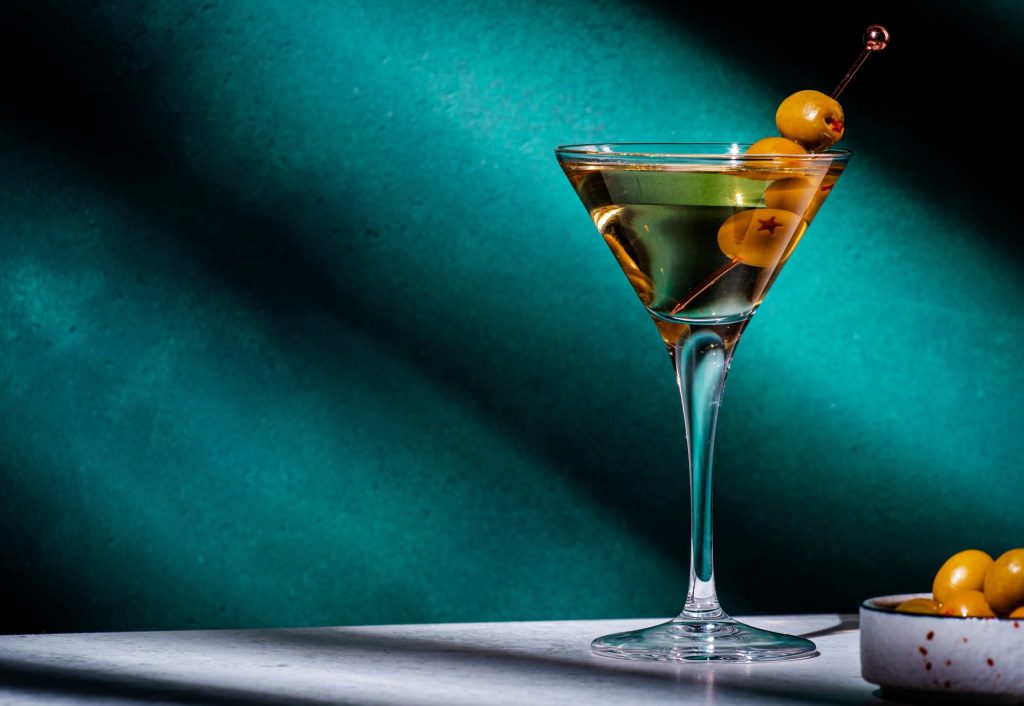In the world of whisky, tradition is sacred. Heritage, craftsmanship, and lineage are the backbone of an industry that has weathered centuries of change. But in times of economic downturn, when consumer habits shift and operational pressures mount, tradition alone won’t steer the ship. It’s in these moments, when uncertainty clouds the horizon, that whisky businesses must look beyond the familiar.
One of the most strategic moves a distillery or brand can make in a downturn? Building teams with greater diversity of background, experience, and perspective. Not just hiring from outside the whisky industry, but actively seeking out people who think differently, live differently, and understand the world through other lenses.
For decades, the whisky industry has enjoyed a remarkably buoyant market. Global demand, rising premiumisation, and an aura of prestige have helped insulate it from the volatility other sectors routinely endure. But this long stretch of relative security has a quiet downside: it doesn’t always cultivate the most innovative or resilient talent.
In good times, there’s less incentive to question assumptions. Processes solidify, hierarchies entrench, and “the way we’ve always done it” becomes gospel. As a result, many in the whisky world have never had to operate under genuine commercial pressure, compete head-to-head for consumer attention, or pivot strategy overnight.
Now, in the face of shifting global economics, evolving consumer behavior, and growing competition from other spirits categories, that kind of inertia is no longer sustainable.
Bringing in people from different industries, cultures, and communities introduces new ways of thinking and working. Professionals from tech might bring digital agility; those from fashion or retail may understand fast-moving trends and consumer loyalty. Someone from hospitality could reimagine the tasting room as a brand-building experience.
But it’s not just about industry outsiders, it’s about embracing difference in a broader sense. Gender, race, socioeconomic background, education, geography – all of these dimensions shape how people approach problems, spot opportunities, and connect with consumers.
Diverse teams make better decisions. This isn’t just a feel-good mantra, it’s backed by research across sectors. They question groupthink, explore alternative strategies, and reflect the real world more accurately.
And perhaps most importantly, just as diverse customers enjoy our products, we need diverse people creating, marketing, and selling them. Whisky drinkers today span cultures, generations, genders, and tastes. Shouldn’t our teams reflect that?
In challenging times, the instinct can be to hunker down, to play it safe. But downturns are precisely when bold thinking is most needed. Diversity fosters creativity and agility, enabling companies to adapt to change rather than fear it.
People from underrepresented backgrounds often have experience navigating systems that weren’t designed for them. That resilience translates powerfully into business. They’ve had to find different paths, challenge norms, and build bridges – skills that are invaluable when a company needs to reinvent itself.
A diverse team is a competitive advantage.
Of course, hiring outside the mould means change. It means onboarding people who may not know the difference between a spirit safe and a mash tun….yet. But what they lack in traditional knowledge, they more than make up for in insight, adaptability, and connection to the modern world.
Yes, the whisky industry is built on heritage, but it thrives when heritage meets innovation. By welcoming different perspectives, we don’t lose our identity, we expand it.
Because the future of whisky is not just about the people who know its past. It’s about those who can reimagine what comes next, for a broader, more diverse world of drinkers.
The whisky industry has built its legacy on excellence, but not always on agility. As market conditions shift and longstanding assumptions are tested, it’s time to embrace the unfamiliar. Hiring from outside the traditional mould, across industries, backgrounds, and cultures, isn’t just a smart response to downturn. It’s how we ensure our brands stay relevant, resilient, and ready for the future.
If we celebrate diversity in our drams, we should demand it in our teams.
Ready to rethink how your whisky brand builds talent? Let’s talk.
